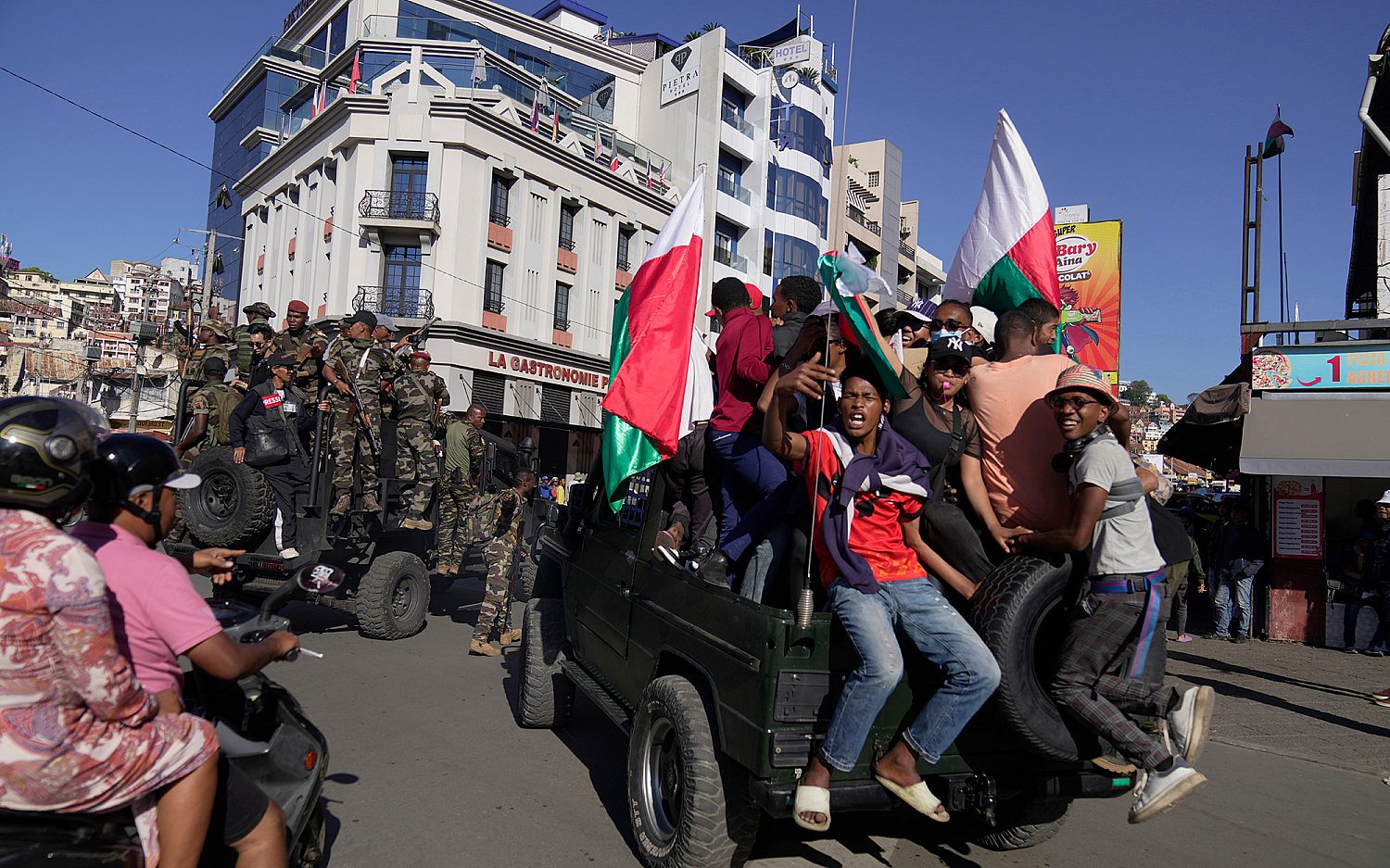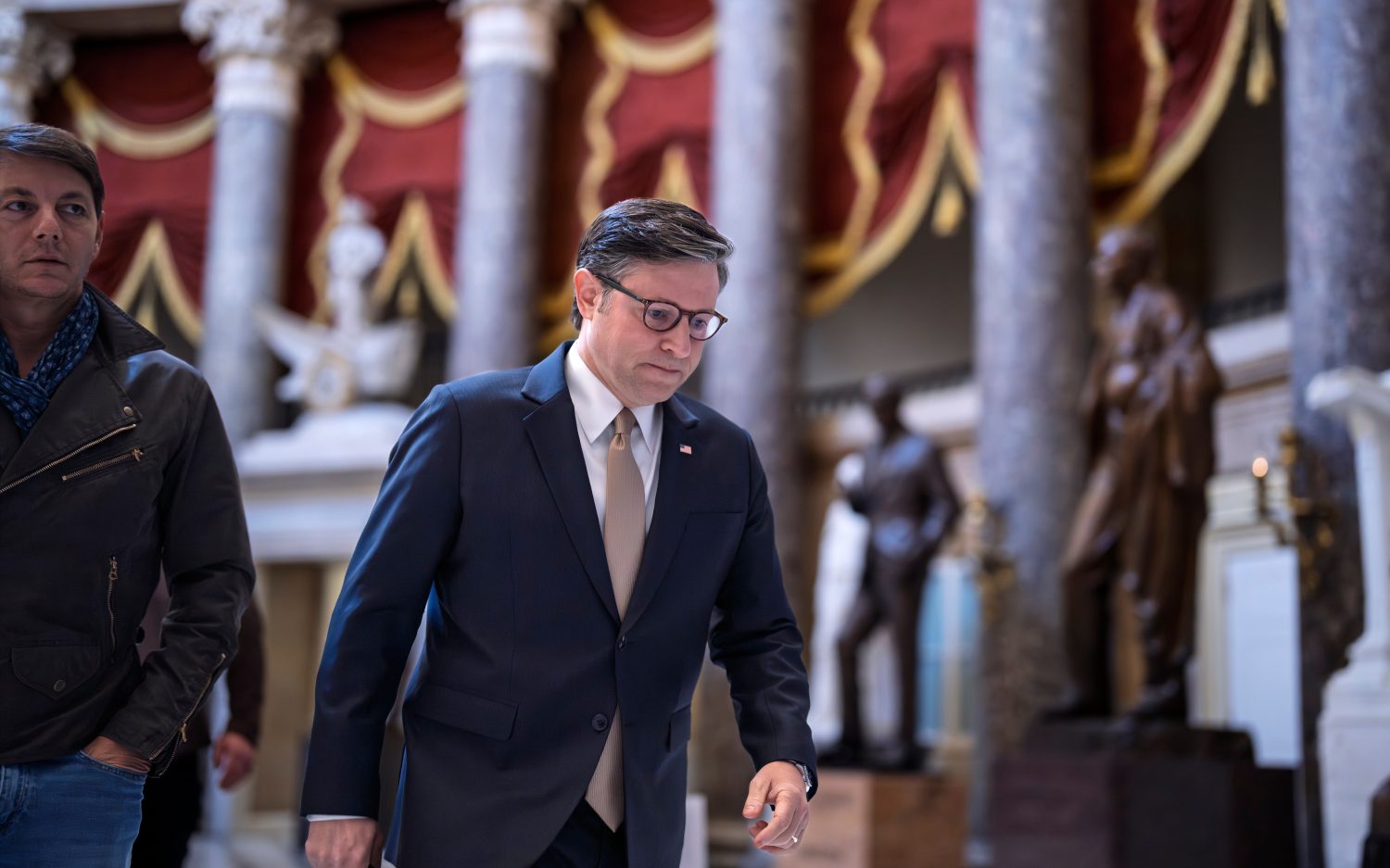NYC churches set for Easter, future unclear
Supreme Court rejects Bronx church case, leaving the mayor to take action as he promised
Ending 20 years of litigation, the U.S. Supreme Court on Monday denied the Bronx Household of Faith case about the right of churches to have after-hours access to New York public schools like every other nonprofit. The court, which needs only four justices’ votes to hear a case, issued no comment with its denial.
The high court’s refusal to hear the case leaves in place a 2nd U.S. Circuit Court of Appeals ruling that said the city did not violate the First Amendment by excluding churches from the facilities.
The decision immediately places the onus on New York Mayor Bill de Blasio, who has repeatedly promised to change the city Education Department policy, which he can do at any time. The policy has massive ramifications in a city with few community spaces and some of the most expensive real estate in the country.
The mayor’s deputy press secretary, Wiley Norvell, told me Monday the mayor would stand by his promise.
“The administration remains committed to ensuring that religious organizations are able to use space in city schools on the same terms provided to other groups,” he wrote in an email. “Now that litigation has concluded, the city will develop rules of the road that respect the rights of both religious groups and non-participants. While we review and revise the rules, groups currently permitted to use schools for worship will continue to be able to worship on school premises under [Department of Education] guidelines."
The city so far has offered no timeline for when churches might see a new policy in writing.
Without the mayor's action, churches would have faced eviction on Easter weekend. The longtime lawyer for the Bronx church, Jordan Lorence of Alliance Defending Freedom, said the 2nd Circuit order upholding the city policy would go into effect immediately.
Councilman Fernando Cabrera, who represents the district where the Bronx Household of Faith is based, said he has been in contact with the mayor’s office.
“Everything they have told me, everything they are doing so far, I’m pretty confident that he’s going to let them stay,” said Cabrera, who has for years pressed New York mayors and the state legislature to change the policy. If de Blasio backtracks on his promises, “I would be dumbfounded, really,” Cabrera said.
The mayor’s office has not yet returned a request for comment.
De Blasio marched with pastors protesting the policy over the Brooklyn Bridge in 2012, before he became mayor, and repeatedly promised to change the policy during his mayoral campaign. He argues churches provide many social services in the community and should have the same access to school space as every other nonprofit.
The city also has relied on churches to provide services during disasters like Hurricane Sandy, when churches and Christian ministries used public schools as staging grounds for providing relief services in areas the city agencies hadn’t yet reached after the storm.
The Bronx Household of Faith is in a low-income neighborhood and has a variety of ministries from job training to programs for those with drug addictions. In the 1980s, the church’s social services included providing a home for those with HIV at a time when few Christian ministries addressed the disease.
The Bronx church has built its own worship space because of all the upheaval over the city policy but continues to rent the local public school for large services and community events. It planned to use the school space for its Easter weekend services.
Jack Roberts, one of its longtime pastors who has been involved in the case for the last 20 years, thinks the church will still be able to meet on Easter weekend because it already has paid and received approval from the city.
But he said he was “saddened” by the Supreme Court’s decision. He sees it as another instance of a court “trying to purge the Christian message from the public arena.”
“This is not a good sign for the direction of our country,” Roberts said. “If I didn’t know God was sovereign, I would be in despair."
The Bronx church’s story is typical of the other 60 to 100 churches who use public school space every Sunday in the city. These churches are often in low-income neighborhoods and offer a range of social services.
East Harlem Fellowship, a plant of Times Square Church, meets at Manhattan Center High School in East Harlem. The racially diverse church of about 80 has a tutoring program for teenagers, hosts meals for those who need them, and sends volunteers weekly to a local domestic violence shelter. The members painted one of the school’s activities rooms.
“It’s been a mutually beneficial arrangement,” said Hector Vega, the church’s pastor. Vega said the high school principle likes having the church there.
Larger, wealthier churches with their own buildings have not been vocal against the city policy or involved in lobbying for a policy change like smaller churches have been. The onus now also falls on some of these larger churches to rent to these smaller churches. Vega said his church approached other churches about renting before going to the public school, but with no result.
“I think the church at large is sleeping and doesn’t want to be involved,” said Vega. “A lot of the larger churches, they have their own space, they don’t care.”
The churches using school space largely have political backing. The New York city council, which has no control over the administration’s policy, overwhelmingly voted for a resolution in favor of churches meeting in the schools. The New York legislature, according to Cabrera, has the votes to pass a measure that would allow churches to use the space. But the previous speaker, Sheldon Silver, reportedly opposed the measure and wouldn’t let it come to the floor.
With Silver now gone from the speakership as a result of corruption charges, Cabrera is hopeful the new speaker, Carl Heastie, would allow a vote. That would give New York churches more certainty than a city policy that can change at any time.
“The new speaker is sympathetic to our views,” Cabrera said. “We already know we have the majority.”
But the high court’s decision not to take the case could influence other school districts. New York City is the only school district with such a policy, but others might try to follow now that the Supreme Court has left the 2nd Circuit ruling supporting the policy in place.
“This is a gap in protection that other school boards might try to exploit,” said Lorence, who shepherded the Bronx case for all 20 years of litigation.
But Roberts said God’s plan would continue in New York: “Sovereignly, it’s not going to stop the church from moving forward in the city.”
An actual newsletter worth subscribing to instead of just a collection of links. —Adam
Sign up to receive The Sift email newsletter each weekday morning for the latest headlines from WORLD’s breaking news team.





Please wait while we load the latest comments...
Comments
Please register, subscribe, or log in to comment on this article.